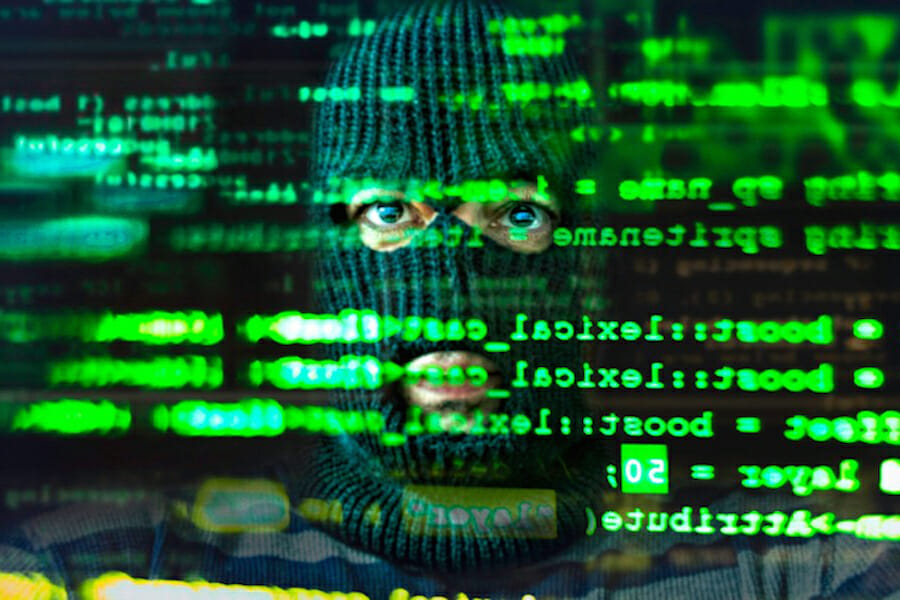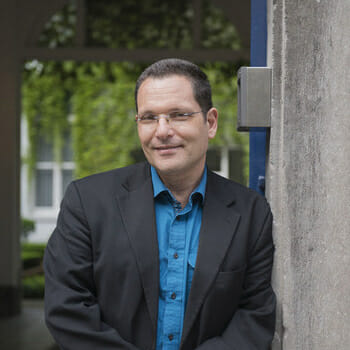
Books
‘Confronting the Internet’s Dark Side’
Confronting the Internet’s Dark Side is the first comprehensive book on social responsibility on the Internet. The book aims to strike a balance between the Free Speech Principle and the responsibilities of the individual, corporation, state, and the international community. It is argued that freedom of expression is of utmost importance and value but it needs to be weighed against no less important consideration: Social Responsibility.
The Internet is open to use and abuse. If social responsibility on the Internet is to be implemented, discussions will need to focus on how and why one can draw limits on what one does on the Internet, as well as what ISPs and countries can do with the Internet. As the Internet provides a platform for violent, hateful, and antisocial behaviour including terrorism, cyberbullying, child pornography, hate speech, and cybercrime, we need to ask ourselves: How do we, as individuals and as a society, protect against dangerous expressions online?
This book brings a global perspective to the analysis of some of the most troubling uses of the Internet. It urges net users, Internet service providers, and liberal democracies to weigh freedom and security, finding the golden mean between unlimited license and moral responsibility. This judgement is necessary to uphold the very liberal democratic values that gave rise to the Internet and that are threatened by an unbridled use of technology.
It is stressed that the Internet is not the problem. The problem arises where it is utilized to undermine our well-being as autonomous beings living in free societies. This study focuses on articulating possible solutions to specific problems and on providing a framework within which these problems can be identified and resolved by accentuating the concepts of moral and social responsibility. It strives to suggest an approach informed by the experiences of democratic societies with different norms and legal cultures; one that harnesses the strengths and capabilities of the public and the private sectors in offering practical solutions to pressing problems.
The research for this book involved extensive survey of free speech literature, theories in media ethics and in social responsibility; extensive survey of problematic, violent speech on the Internet; analysis of relevant literature, government position papers, state laws and court cases, and review of law-enforcement measures that have been taken to combat various forms of violent speech. In addition, informed discussions and semi-structured interviews were conducted in Canada, France, Israel, the United Kingdom and the United States with key policy makers, parliamentarians and public officials, security and police officials, legal scholars and justices, media and Internet experts, and representatives of human rights and free speech NGOs.
The responsibility of ISPs and host companies is arguably the most intriguing and complex issue. With the advancement of technology, responsibility for gaining and maintaining trust in the Net increasingly falls on those who operate the Net, namely on Internet Service Providers (ISPs) and Web Hosting Services (WHSs). Some of these companies act responsibly, making an effort to provide a safe environment for their Netusers, thinking that this policy is beneficial to their reputation and business. Other companies uphold Internet neutrality and conduct their business in accordance with direct monitory consequences. The main question is whether Internet intermediaries should be proactive, i.e. not only cooperate upon receipt of information from various sources but also scrutinize their sphere for problematic, anti-social and potentially harmful material; this in order to promote trust among their subscribers. Here I discuss the concepts of net neutrality, perfectionism and discrimination. I distinguish between three different meanings of neutrality: (1) Net neutrality as non-exclusionary business practice, highlighting the economic principle that the Internet should be opened to all business transaction. (2) Net neutrality as an engineering principle, enabling the Internet to carry the traffic uploaded to the platform. (3) Net neutrality as content non-discrimination, accentuating the free speech principle.
I call the latter content net neutrality. While endorsing the first two meanings of net neutrality I argue that Internet gate-keepers should adhere to the Promotional Approach (PA) rather than to neutrality. The promotional approach accentuates ethics and social responsibility, holding that ISPs and web-hosting services should promote the basic ideas of respect for others and not harming others. They should scrutinize content and discriminate against not only illegal content (child pornography, terrorism) but also against content that is morally repugnant and hateful. I argue that some value screening of content may be valuable and that the implications from affording the Internet the widest possible scope can be very harmful. It is emphasized that only cyberbullying and hate speech feature in this category.
The book concludes by proposing to establish a new browser for liberal democracies called CleaNet. Through mechanisms of deliberative democracy, Netusers would agree on what constitutes illegitimate expression to be excluded from the browser. CleaNet would facilitate a safer and more responsible surfing of the Internet. In a sense, CleaNet will be an enhanced, citizens-based form of server filtering. A detailed Terms of Fair Conduct will be drafted. Only material that is deemed problematic by at least 80% of the votes will be listed for exclusion. A separate list, “under review,” will include debatable speech to be considered and debated periodically until a resolution is made: either to permit it, or to filter it from CleaNet. The “under review” list will also include the problematic material with restricted access to which Netusers will have to sign up. It will be the responsibility of the ISPs and web-hosting companies to retain the list and to cooperate with law-enforcement whenever required.
Excerpted from Confronting the Internet’s Dark Side: Moral and Social Responsibility on the Free Highway by Raphael Cohen-Almagor. Copyright © 2015 by Raphael Cohen-Almagor. Excerpted with permission by Cambridge University Press.
